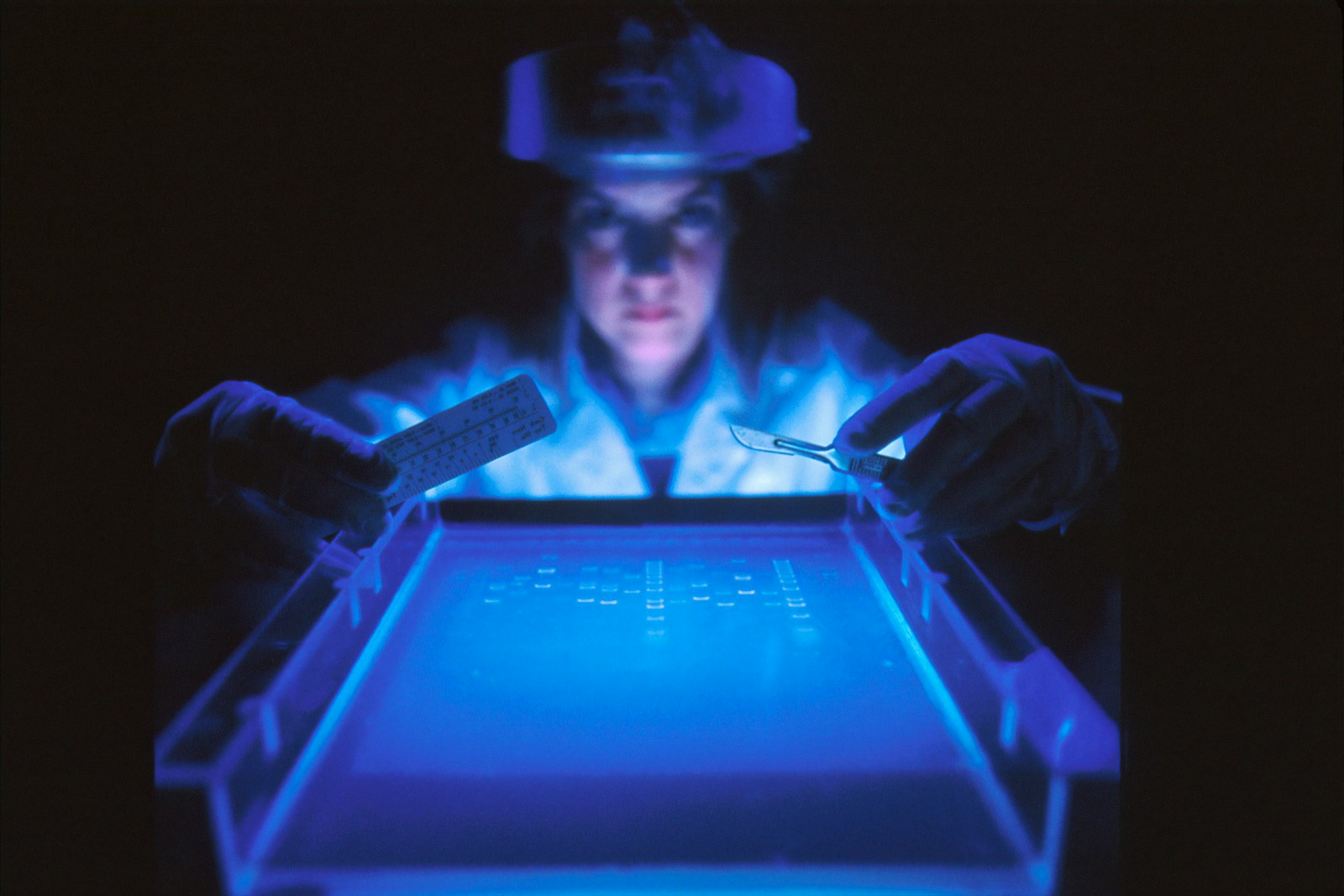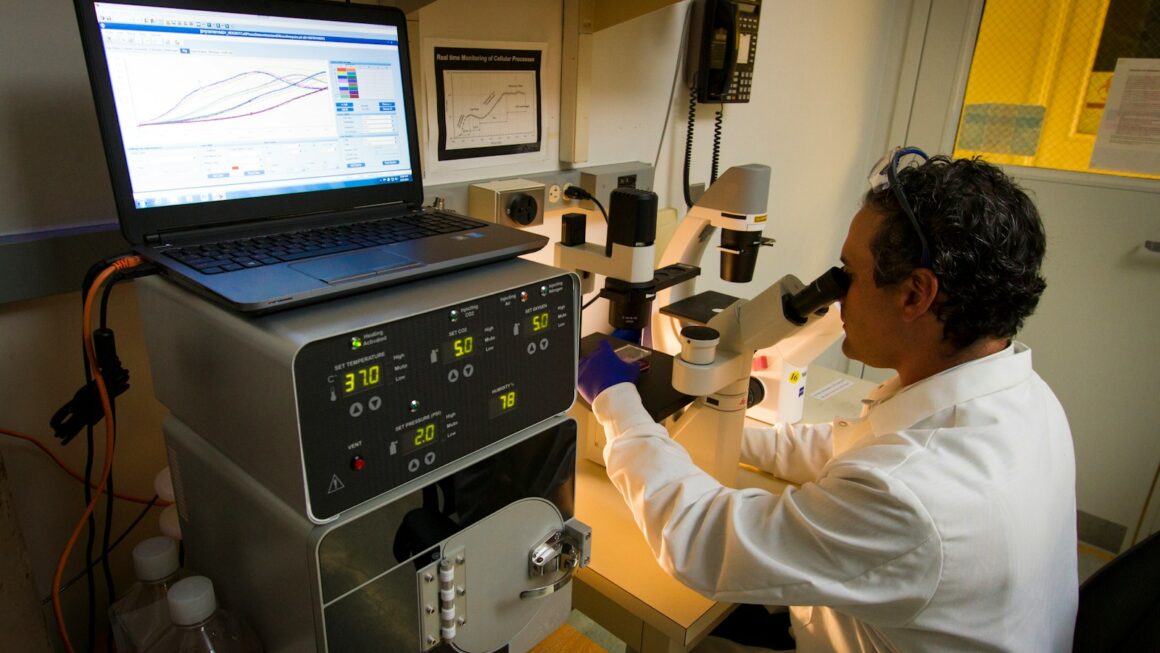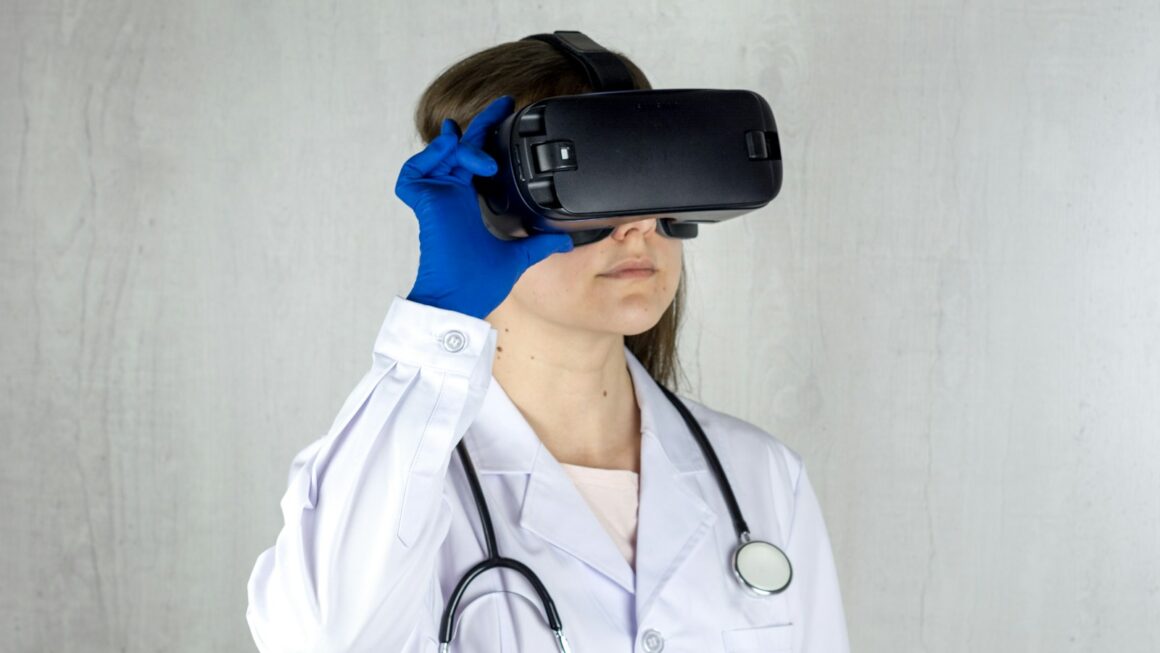Immunotherapy has emerged as a powerful tool in the fight against cancer, offering precision targeting that minimizes harm to healthy cells.
By leveraging the body’s immune system to seek out and destroy cancer cells, immunotherapy has shown promising results in treating various types of cancers. Patients benefit from personalized treatment plans tailored to their unique genetic makeup, leading to improved outcomes and reduced side effects.
Another key advancement in cancer treatment is the use of targeted therapy, which focuses on specific genetic alterations within cancer cells. By pinpointing these abnormalities, targeted therapy drugs can effectively block the growth and spread of cancer. This approach has revolutionized treatment options for patients with certain types of cancers, providing a more effective and less invasive alternative to traditional chemotherapy.
Gene Editing Technology
Gene editing technology has revolutionized the field of healthcare by allowing scientists to make precise modifications to an organism’s DNA. This technology, particularly CRISPR-Cas9, enables targeted changes to specific genes, offering immense potential for treating genetic disorders and various diseases. With the ability to edit genetic material, researchers are exploring new avenues for developing efficient therapies and potentially curing previously untreatable conditions.
The applications of gene editing technology extend beyond disease treatment to addressing agricultural challenges, such as developing crops with enhanced resistance to pests and diseases. By editing the genetic makeup of plants, scientists can create more resilient agricultural varieties that could help ensure food security in the face of climate change and population growth. The wide-ranging implications of gene editing technology underscore its transformative impact on various sectors, promising a future where precision genetic modifications play a pivotal role in shaping our world.
Artificial Intelligence in Healthcare
Artificial Intelligence in Healthcare is revolutionizing the way medical professionals approach patient care and treatment strategies. By leveraging machine learning algorithms and big data analytics, AI has the potential to enhance diagnostic accuracy, predict patient outcomes, and optimize treatment plans. With the ability to process and analyze vast amounts of data at speeds far beyond human capability, AI systems are helping healthcare providers make more informed decisions, leading to improved patient outcomes and efficiency in healthcare delivery.
One of the key advantages of Artificial Intelligence in Healthcare is its ability to assist in early disease detection through the analysis of medical imaging and patient health records. By identifying subtle patterns and anomalies that may go unnoticed by the human eye, AI can aid in the early diagnosis of conditions such as cancer, cardiovascular diseases, and neurological disorders. This early intervention can significantly improve patient prognosis and survival rates, highlighting the potential of AI to positively impact public health outcomes on a global scale.
Precision Medicine
Precision medicine revolutionizes healthcare by customizing medical treatment to individual characteristics, such as genetics, environment, and lifestyle. This personalized approach allows for more effective and targeted therapies, minimizing adverse effects and maximizing positive outcomes. By analyzing a patient’s unique biological makeup, precision medicine enables healthcare professionals to tailor treatment plans that are specific to each individual, leading to better disease management and patient outcomes.
Through the integration of advanced technology and data analysis, precision medicine has the potential to significantly impact various fields, including oncology, cardiology, and neurology. By leveraging genomic information and predictive analytics, healthcare providers can identify patients at higher risk for certain diseases, allowing for early intervention and prevention strategies. With the continuous advancement of precision medicine, the healthcare industry is moving towards a more individualized and proactive approach to patient care, ultimately aiming to improve the quality of life for individuals worldwide.
3D Bioprinting
3D bioprinting is a cutting-edge technology that has revolutionized the field of medicine by allowing the creation of three-dimensional living tissues and organs. This innovative method involves the precise layer-by-layer deposition of biomaterials and living cells to build complex structures that closely mimic the natural tissues of the body. By utilizing advanced imaging techniques and computer-aided design, researchers and medical professionals can customize and produce patient-specific tissues for transplantation and regenerative medicine purposes.
The potential applications of 3D bioprinting are vast, ranging from the development of artificial organs for transplantation to tissue engineering for drug testing and disease modeling. This technology offers a promising solution to the shortage of donor organs by enabling the fabrication of tissues and organs tailored to individual patients, reducing the risk of rejection and the need for immunosuppressive drugs. As researchers continue to refine the bioprinting process and explore new biomaterials, the future of healthcare holds great promise for personalized and regenerative therapies that could improve patient outcomes and quality of life.

Telemedicine and Remote Patient Monitoring
Telemedicine and remote patient monitoring have revolutionized the way healthcare is delivered, allowing patients to consult with healthcare providers from the comfort of their own homes. Through the use of telecommunication technologies, medical professionals can remotely diagnose and treat patients, reducing the need for in-person visits and providing more convenient access to care. This has been particularly significant during the ongoing global health crisis, where telemedicine has played a crucial role in ensuring continuity of care while minimizing the risk of virus transmission.
Remote patient monitoring involves the use of various devices to collect and transmit patient data to healthcare providers in real-time. This allows for continuous monitoring of vital signs, medication adherence, and other key health indicators, enabling early intervention and personalized care plans. By incorporating telemedicine and remote patient monitoring into healthcare delivery systems, providers can improve patient outcomes, reduce hospital readmissions, and enhance the overall quality of care.
Nanotechnology in Medicine
Nanotechnology in medicine has revolutionized the way we approach diagnosis and treatment of various diseases. By utilizing nanoscale materials, researchers are able to create targeted drug delivery systems that significantly enhance effectiveness while minimizing side effects. These nano-sized particles can travel through the body more efficiently, reaching specific cells or tissues with precision, ultimately improving patient outcomes.
Moreover, nanotechnology has also enabled the development of sensitive diagnostic tools that can detect diseases at much earlier stages than traditional methods. Nanosensors can detect biomarkers in bodily fluids with high accuracy, providing clinicians with valuable information for early intervention strategies. The integration of nanotechnology in medicine continues to show great promise in advancing healthcare by offering new solutions for diagnosis, treatment, and monitoring of various medical conditions.
Regenerative Medicine
Regenerative medicine represents a groundbreaking approach in the field of healthcare, offering promising solutions for patients suffering from various chronic conditions. By harnessing the power of stem cells and tissue engineering, regenerative medicine aims to restore damaged tissues and organs, ultimately leading to improved patient outcomes and quality of life. This innovative technique opens new avenues for treating diseases that were once considered incurable, showcasing the potential to revolutionize the future of medicine.
Researchers are actively exploring the applications of regenerative medicine across diverse medical specialties, including cardiology, orthopedics, and neurology. Through the use of stem cell therapies and tissue regeneration techniques, regenerative medicine holds the potential to not only alleviate symptoms but also address the underlying causes of diseases. With ongoing advancements in this field, the possibilities for regenerative medicine to transform the treatment landscape and pave the way for personalized and regenerative-based therapies are vast.
Personalized Vaccines
In the realm of modern medicine, personalized vaccines have emerged as a groundbreaking approach to tailoring treatment based on an individual’s unique genetic makeup. This innovative technique harnesses the power of precision medicine to develop vaccines that are specifically designed to target a patient’s specific cancerous cells or disease-causing pathogens. By analyzing the genetic profile of each patient, researchers can customize vaccines to enhance the body’s immune response, ultimately leading to more effective and targeted treatment protocols.
One of the key advantages of personalized vaccines is their potential to minimize side effects and boost therapeutic outcomes by focusing solely on the antigens related to the patient’s specific condition. This tailored approach maximizes the immune system’s ability to recognize and destroy the harmful cells, while minimizing damage to healthy tissues. As this cutting-edge technology continues to evolve, personalized vaccines hold promise in revolutionizing the landscape of cancer treatment and infectious disease prevention, paving the way for more precise and efficient healthcare interventions.
Robotic Surgery
Robotic surgery has revolutionized the field of healthcare, offering precision, flexibility, and enhanced visualization during procedures. Surgeons can control robotic arms with utmost accuracy, allowing for complex operations with minimal invasiveness. This technology has significantly reduced recovery times for patients and lowered the risk of complications post-surgery.
The integration of robotic systems in surgical procedures has also led to improved outcomes, particularly in challenging surgeries that require intricate maneuvers within the body. The ability of robots to work in tight spaces and perform precise movements enhances the surgeon’s capabilities, resulting in better patient outcomes and increased overall satisfaction. As robotic surgery continues to advance, it is poised to play a central role in enhancing the efficiency and effectiveness of surgical interventions.



